Meet the Pretulak Family.
My husband Jared and I feel beyond blessed to have two kind, loving, hard working, and athletic children. Our first child, Hane, was born in December 2008. We noticed early on that Hane was very articulate. He could express complex thoughts and feelings in a way that caught the attention of friends, family, and even strangers. We all assumed school would be easy for Hane. He started 5K at Augusta Circle, and we soon realized that school was anything but easy. Hane struggled to learn his letters and their sounds and stringing them together to make words at times seemed out of reach. And while we were beginning to feel discouraged, his 5K teacher dictated this long description of what Christmas meant to Hane. Again, we caught a glimpse of that articulate boy who painted an extremely vivid picture of Jesus being born to Mary and Joseph in a stable with all sorts of animals to witness the miracle.
First grade presented more challenges as preparing for Friday spelling tests would require 2-3 hours per night of preparation often ending in tears for both of us. The kicker came when Hane came home with pages upon pages of unfinished work. He was instructed to clean out his desk, and after looking at these pages, only one tenth, if that, of each page was completed. My heart fell to my stomach. I thought what’s going on—is he learning anything? I was afraid he was spending all this time at school and unfortunately, he couldn’t speak their learning language. I went into full panic mode enlisting friends (Lindsey Frye, PhD III) and businesses (Lowder Group, now VIVE) who specialize in identifying and diagnosing learning differences. They confirmed my concern. He was not being reached academically. Hane was diagnosed with Dyslexia. He did aggressive tutoring with our good friend Octavia Young. He would go to school all day and then tutoring, leaving little room for sports, a primary passion. He was an exhausted 1st grader, and he noticed he was different than his peers. With Lindsey and Octavia’s encouragement, we decided it was time to look for a school that could speak his learning language, and Camperdown Academy did just that! We immediately noticed a change in Hane’s behavior after starting Camperdown—he was no longer anxious. He was confident, happy, and thriving! Hane completed 2nd grade through 6th grade at Camperdown Academy. This past year, Hane moved back to the public school system. He just completed his 7th grade year at Hughes Academy middle school where I am proud to say he did well. He scored top 3% on benchmark testing in English and won the Citizenship award for being empathetic and magnanimous.
Now, we definitely know that Dyslexia runs in the family. Our daughter, Marion, born in June 2013 also has Dyslexia. We were able to identify the signs earlier this time. We moved her to Camperdown Academy in 1st grade, the earliest you can start. Her 1st grade teacher identified quickly that Marion also had difficulties with auditory processing. Camperdown got a grant approved, and Marion’s teacher soon had a microphone that emphasized her voice over background noise. With this, Marion could hear sounds that I am pretty sure she had never heard previously. Her verbal language and ability to read seemed to improve almost instantly. Marion still struggles to process complex information and speak in noisy environments. But now with the help of Camperdown and a new set of readers, her reading and writing continues to improve. Because we started Camperdown early, Marion can spend her afternoons pursuing her passion, gymnastics, instead of afternoon tutoring sessions. Lindsey, our close family friend and now Marion’s school psychologist, helped us to understand the importance of Marion maintaining her time at the gym as this is her island of excellence. This past year she made it to Nationals and competed in Indianapolis against seventy, 8 year olds from across the USA. Last month, she scored out of Level 5 compulsory gymnastics and now is a Level 6 and TOPS gymnast. Marion learns from gymnastics that hard work, determination, and perseverance pay off. These characteristics seem to spill into her education at Camperdown as well. She will start 4th grade at Camperdown in the Fall.
Lindsey Frye, PhD, sums it up best, “Learning disabilities are not an indicator of a person’s intelligence. Furthermore, all individuals with a learning disability have average problem solving skills, with many demonstrating above average cognition. While a learning disability may be lifelong, a person can be successful with the right educational and vocational support. It is important to recognize that the diagnosis of a learning disability does not suggest that a person cannot learn, but only that they may learn in a different manner, and/or at a different pace than their peers. In my practice, the children and adolescents who have received meaningful psychoeducation regarding their diagnosis, as well as appropriate instruction/classroom accommodations at school, are the ones with intact metacognition and an associated feeling of self competency, along with a generalized feeling of personal success and overall resilience.”
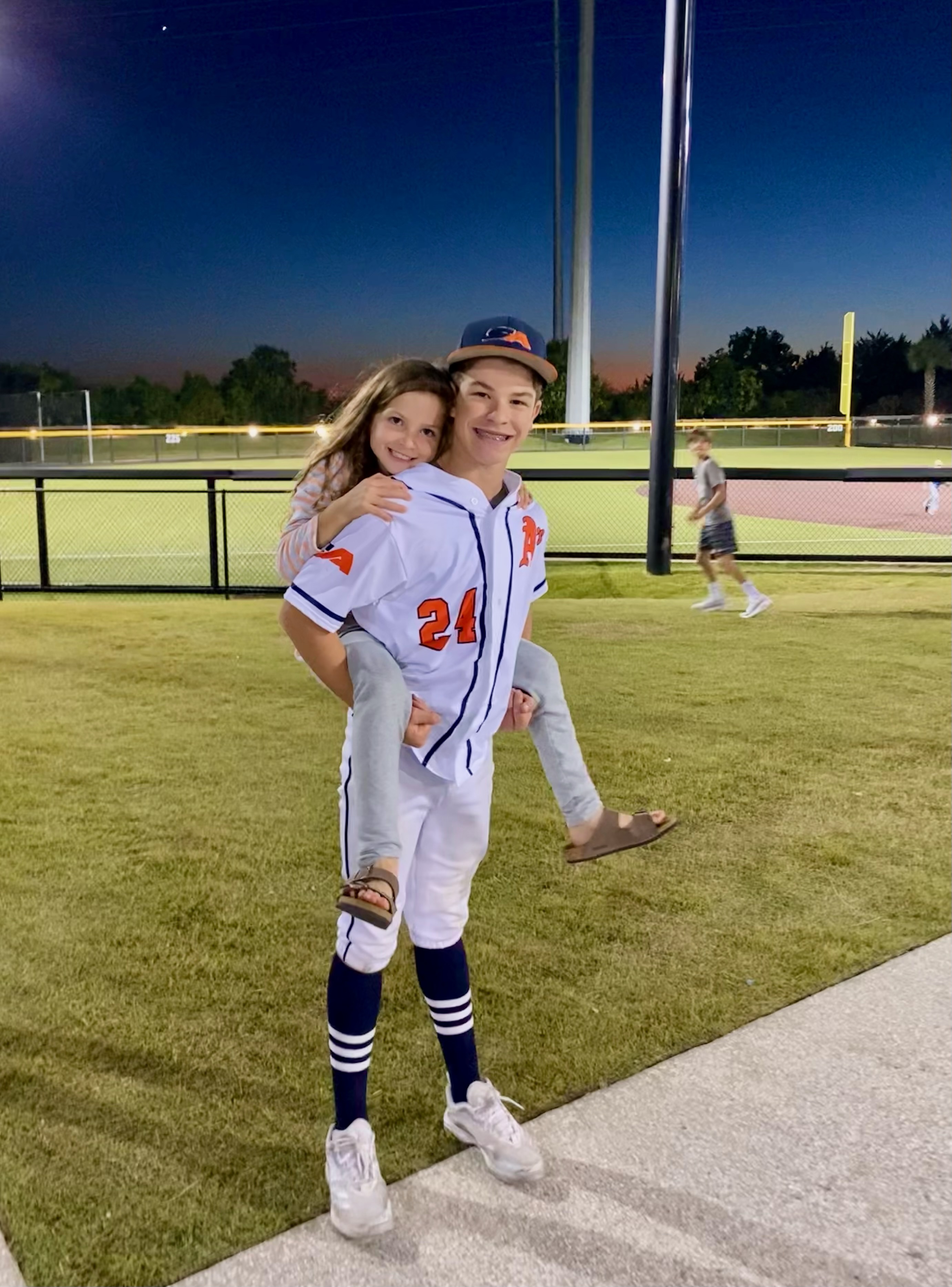
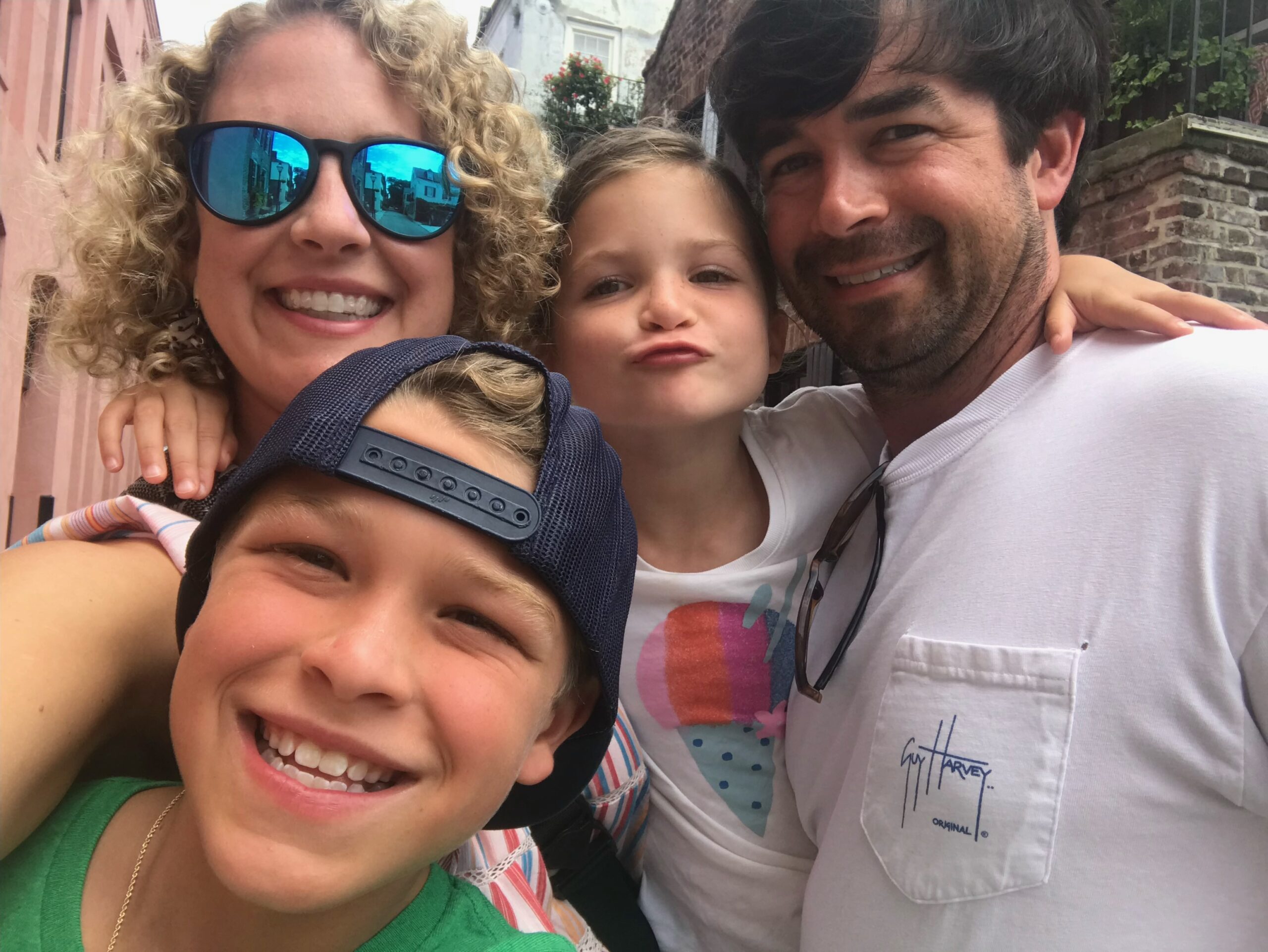

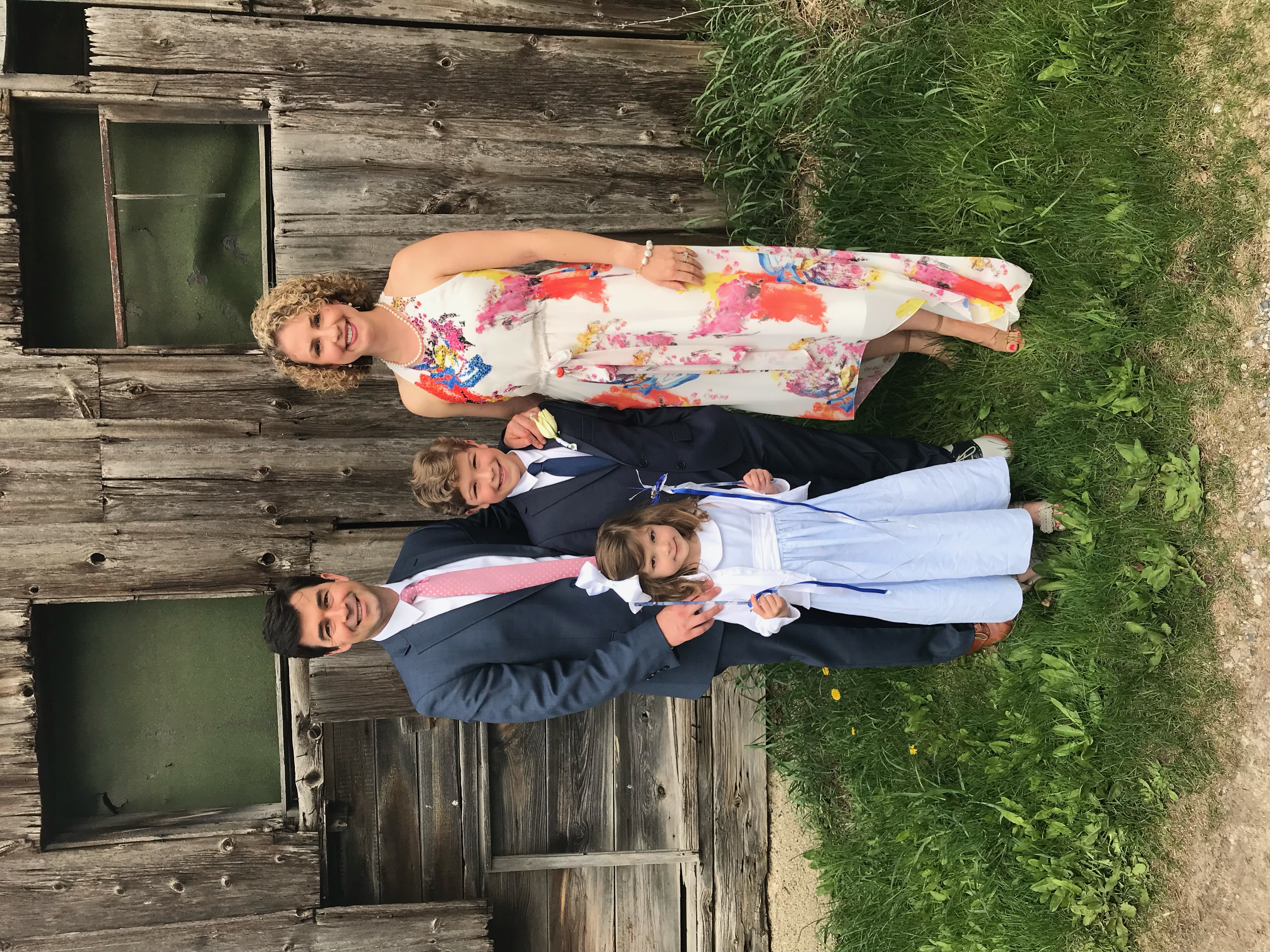
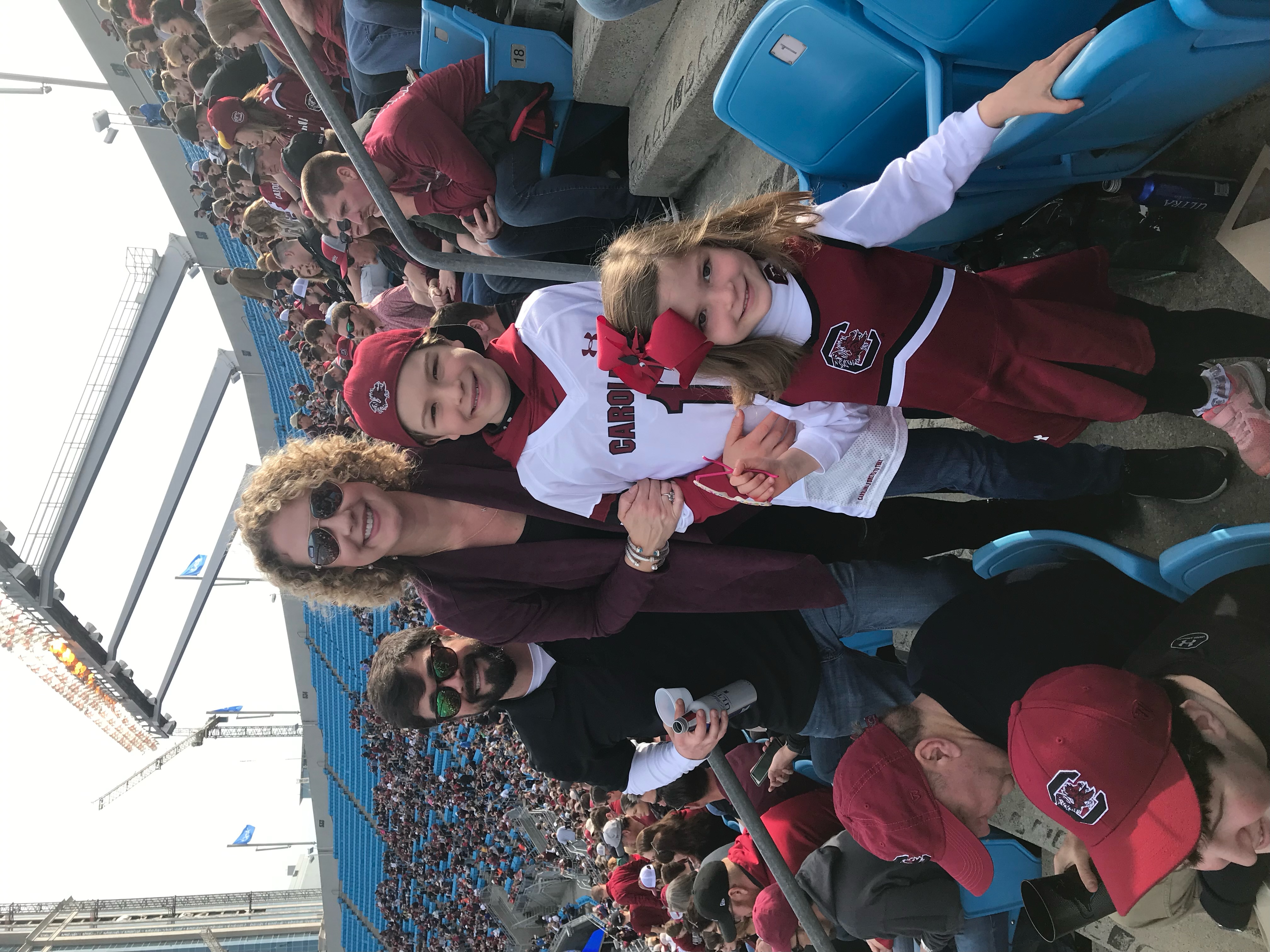
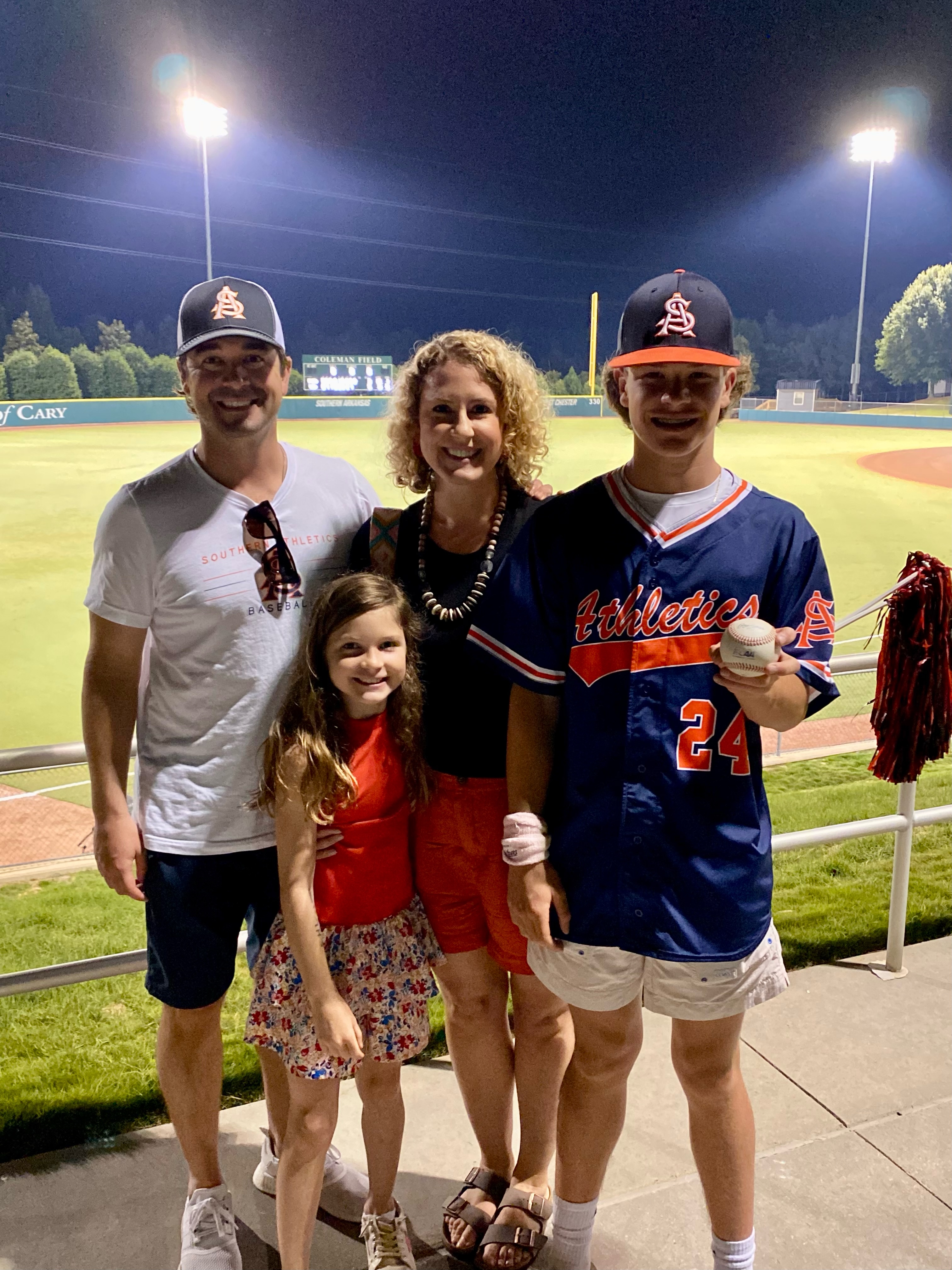
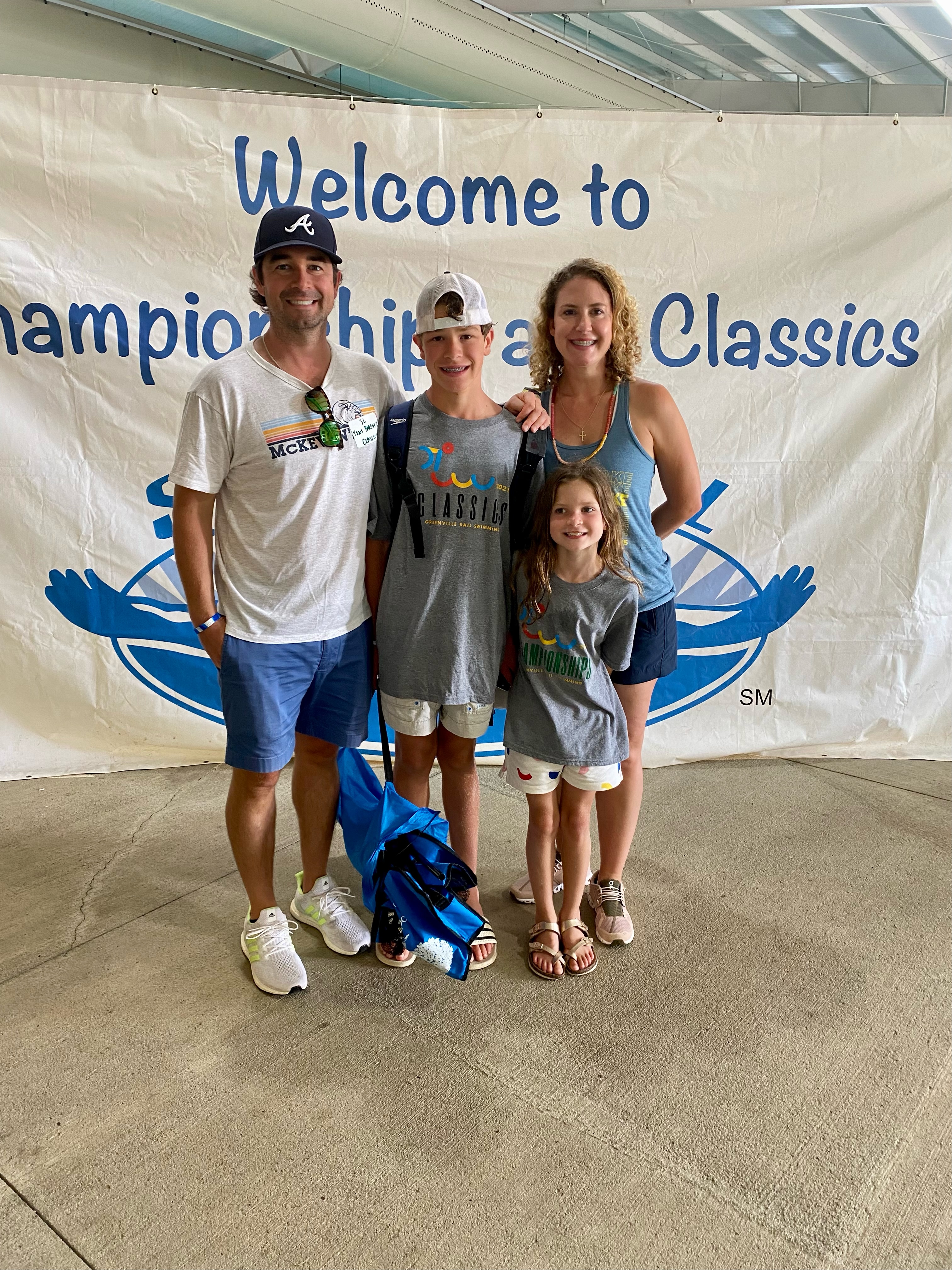
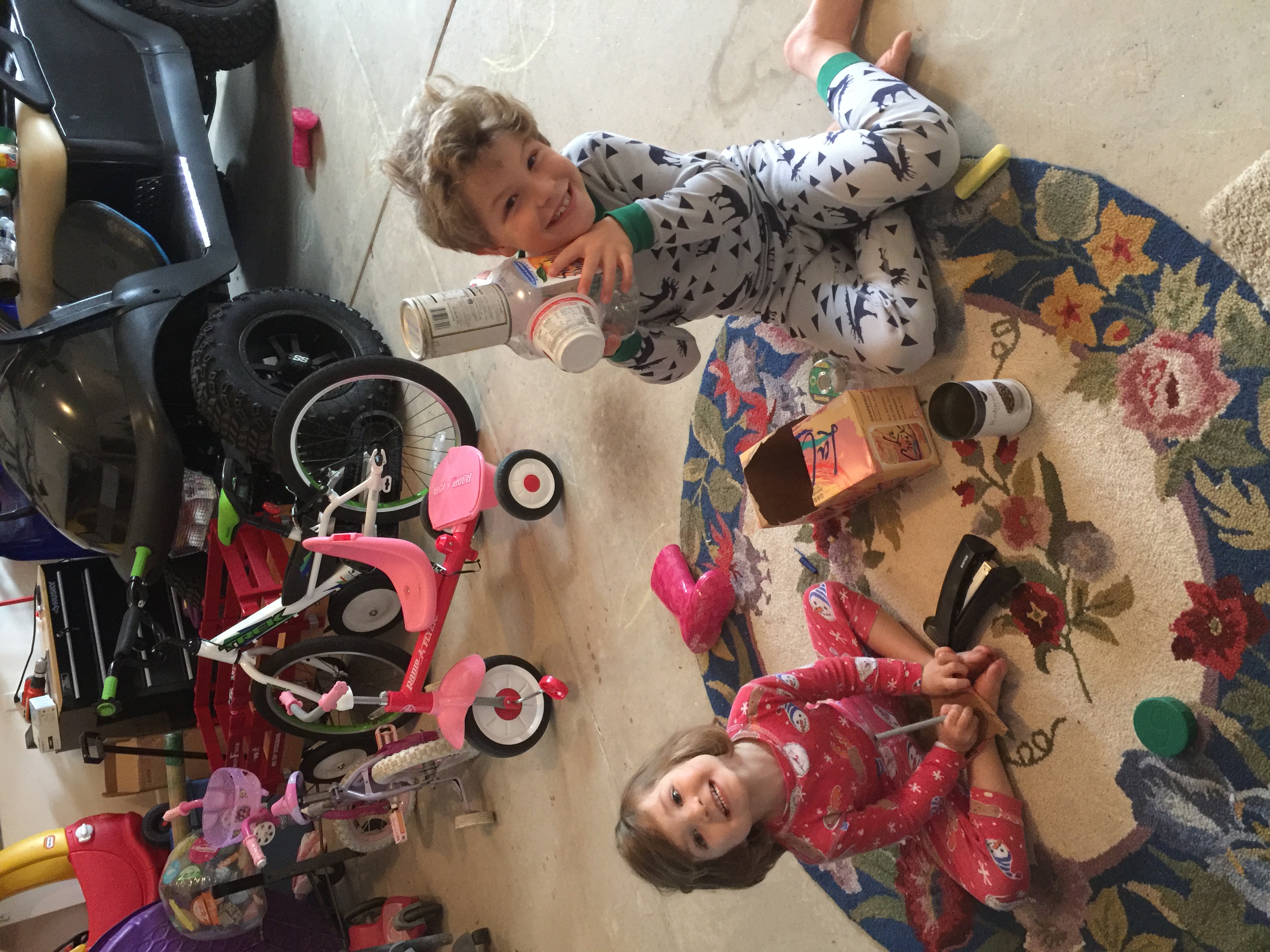
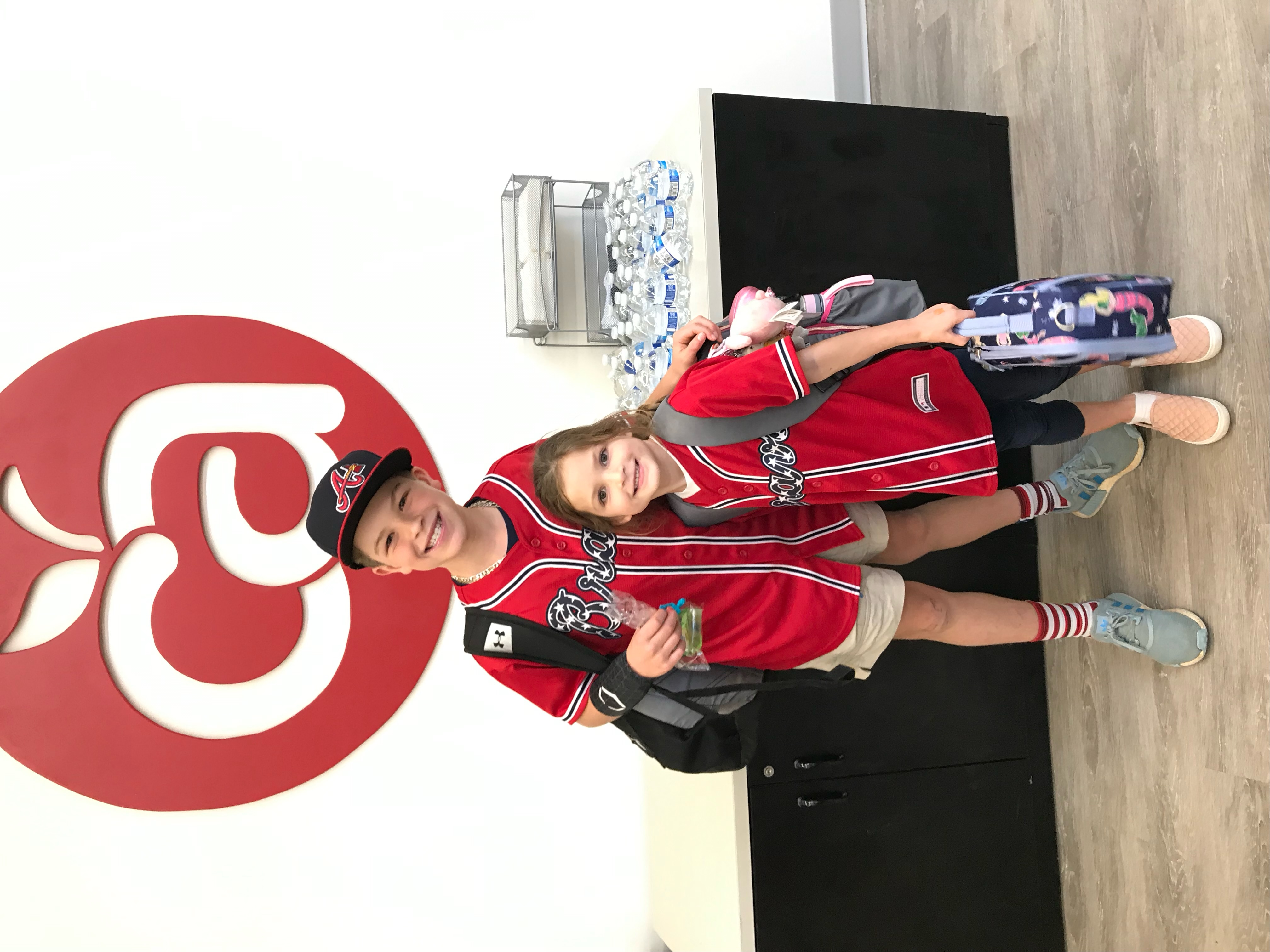
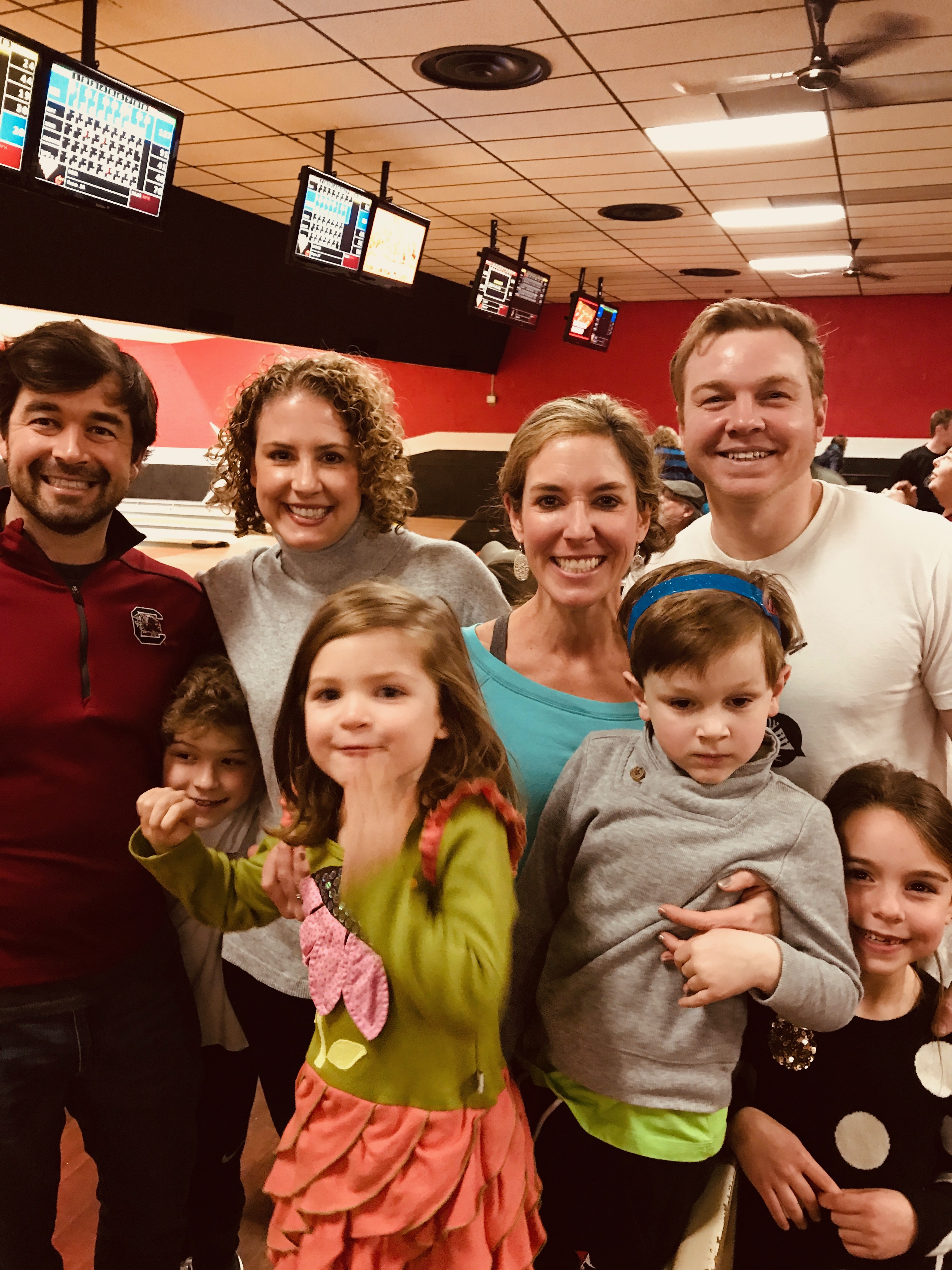
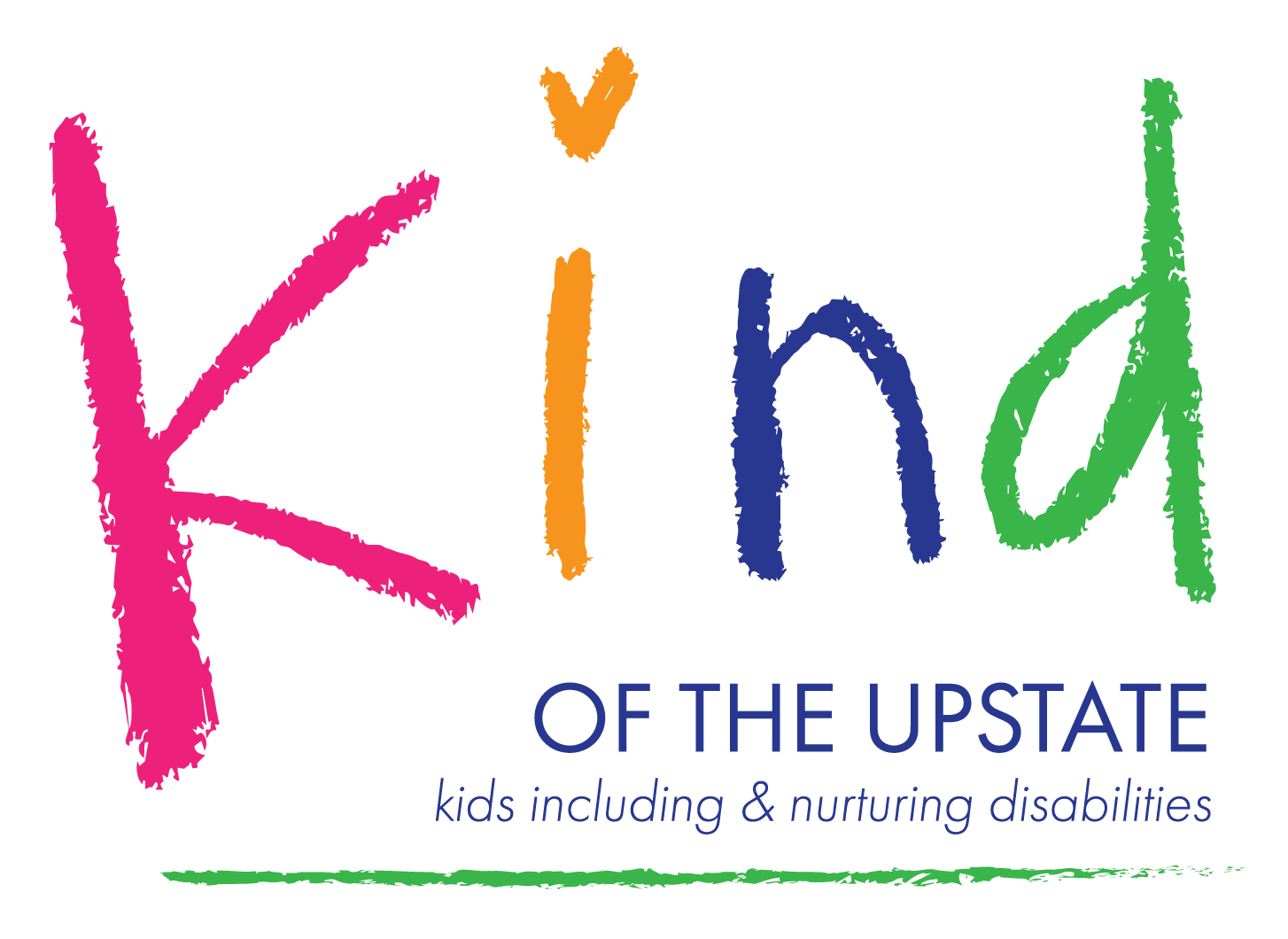
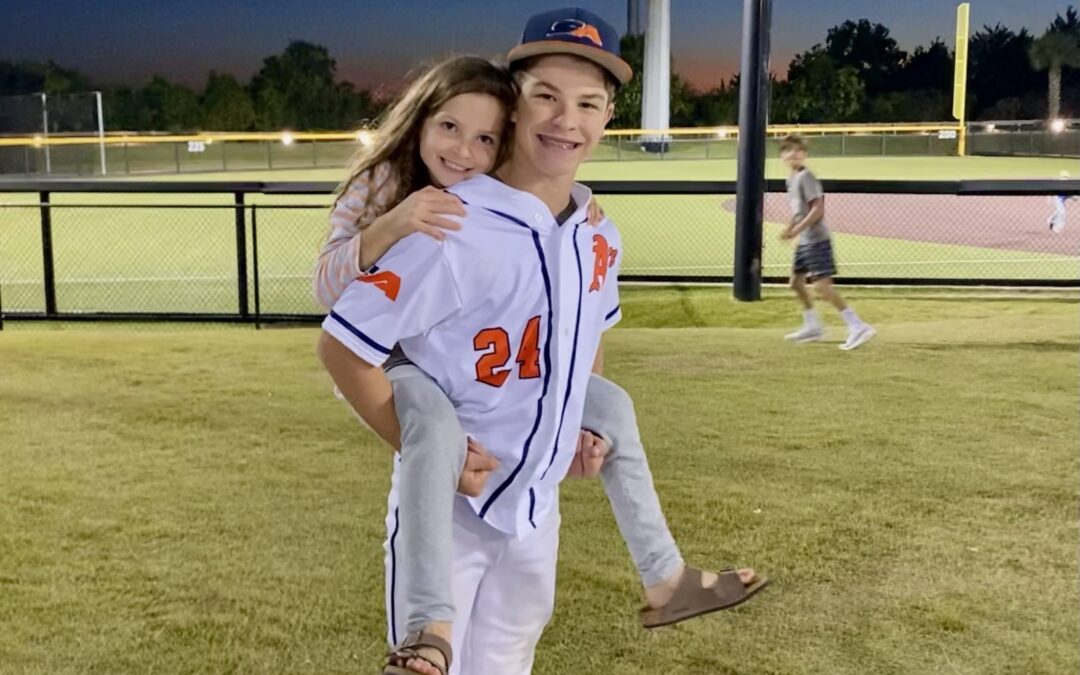
Recent Comments